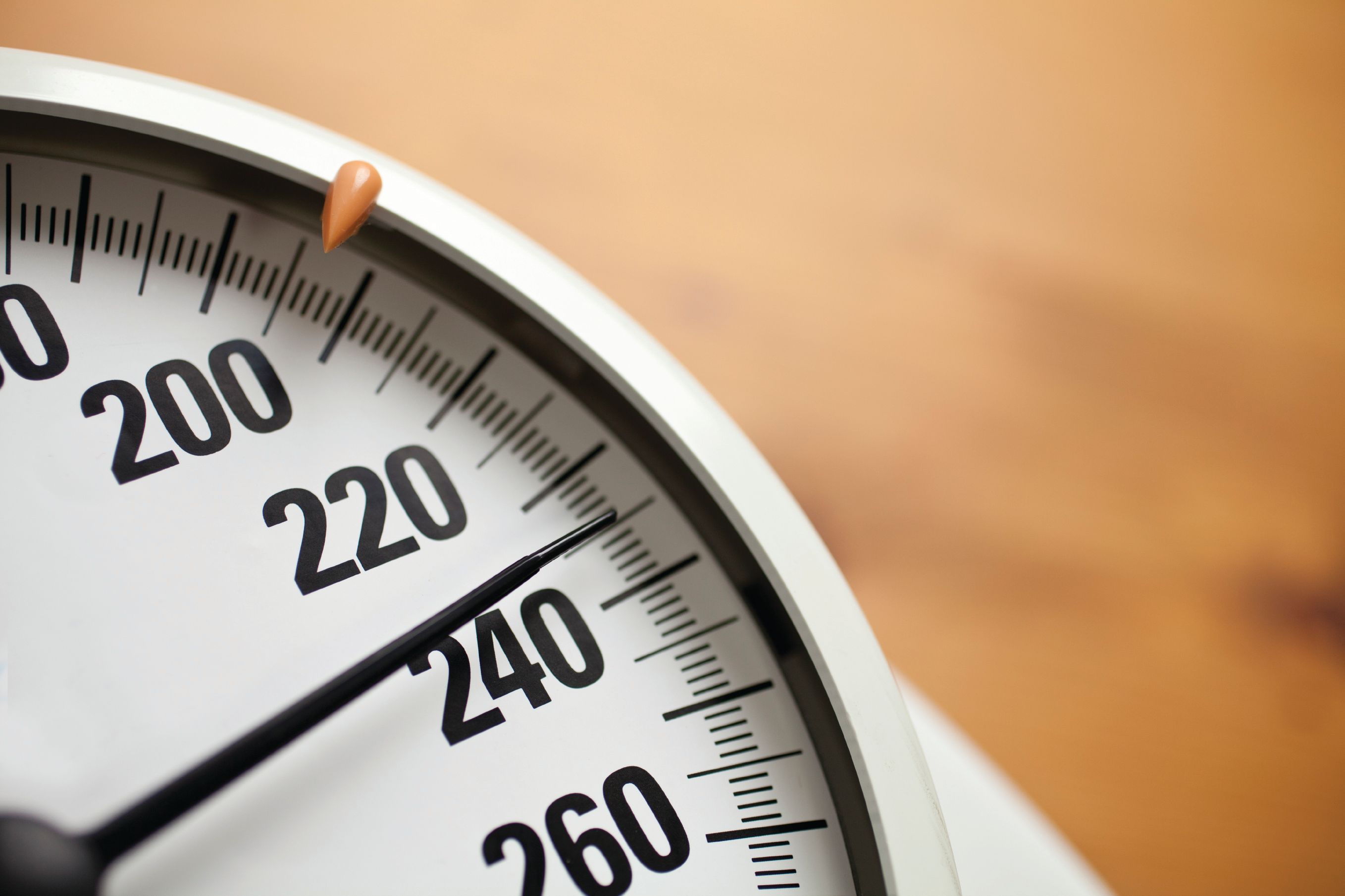Article
ACE’s and ARBs Not Linked to COVID-19 Mortality But Hypertension Doubles Risk
Hypertensive patients have a two-fold increased risk of dying from the coronavirus COVID-19 compared to patients without high blood pressure, according to new research published in the European Heart Journal. In addition, if the hypertension is untreated, the risk is greater.
Evrymmnt@AdobeStock_192319563

Hypertensive patients have a two-fold increased risk of dying from the coronavirus COVID-19 compared to patients without high blood pressure, according to new research published in the European Heart Journal. In addition, if the hypertension is untreated, the risk is greater.
But perhaps more significantly, the researchers found that those patients whose hypertension was treated with renin-angiotensin-aldosterone system inhibiting drugs ( which includes ACE2 inhibitors and ARB’s ) had lower mortality than those who were not, suggesting that these drugs may be protective in COVID-19 patients instead of detrimental as previously suggested.
The study examined data from 2866 patients with COVID-19 who were admitted to Huo Shen Shan hospital in Wuhan, China, between 5 February and 15 March 2020. Of these patients, 29.5% (850) had a medical history of high blood pressure (hypertension).
Out of 850 hypertensive patients, 710 were being treated with medication and 140 were not.
In total, 34 of the 850 patients with hypertension (4%) died of cornonavirus compared to 22 out of 2027 patients without hypertension (1.1%) - a 2.12-fold increased risk after adjustment for factors that could affect the results, such as age, sex and other medical conditions.
Among the patients with hypertension who were not taking medication for the condition, 11 out 140 (7.9%) died from coronavirus compared to 23 out of 710 (3.2%) of those who were taking medication - 2.17-fold increased risk after adjusting for confounding factors.
In a further meta-analysis, the researchers pooled the data from the Huo Shen Wan patients with data from nearly 2,300 patients in three other studies to investigate the death rates in patients being treated with drugs to control blood pressure levels by targeting the renin-angiotensin-aldosterone system (RAAS). These drugs include angiotensin-converting enzyme (ACE) inhibitors or angiotensin receptor blockers (ARBs). Other, non-RAAS inhibiting drugs used for treating high blood pressure include beta blockers, calcium channel blockers (CCBs) or diuretics.
They found a lower risk of death among the 183 patients treated with RAAS inhibitors than in 527 patients treated with other drugs. However, the researchers say this result should be treated with caution as the number of patients in this analysis was small and so it could be due to chance.
Researchers emphasize the importance that hypertensive patients understand that they are at increased risk of COVID-19, and that they continue to take their medications as prescribed.
"Soon after we started to treat COVID-19 patients in early February in Wuhan, we noticed that nearly half of the patients who died had high blood pressure, which was a much higher percentage compared to those with only mild COVID-19 symptoms. At the same time, some researchers were raising concerns that RAAS inhibitors might be facilitating the entry of the coronavirus into cells and making people more susceptible to the disease,” said Professor Ling Tao of Xijing Hospital and one the paper’s authors.
"We were quite surprised that these results did not support our initial hypothesis; in fact, the results were in the opposite direction, with a trend in favour of ACE inhibitors and ARBs. We think this is exactly why practice based on clinical evidence is more vital than ever," Tao said.
The authors point out that this is a retrospective study with a relatively small sample size and so the results should be interpreted with caution. However, it does support the initial recommendations of many societies that patient’s should not discontinue ACE’s and ARBs, and, a recent population-based study in the New England Journal of Medicine
has also suggested that antihypertensive medications, such as ACE inhibitors and ARBs are not associated with an increased risk of testing positive for COVID-19.
For further insight, an editorial has also been published in the European Heart Journal at the same time.
"Association of hypertension and antihypertensive treatment with COVID-19 mortality: a retrospective observational study", by Chao Gao et al. European Heart Journal. doi:10.1093/eurheartj/ehaa433
"Renin-angiotensin-aldosterone system blockers and the risk of COVID-19", by Giuseppe Mancia et al. New England Journal of Medicine, 1 May 2020. doi:10.1056/NEJMoa2006923
"Renin-angiotensin system inhibitors in the COVID-19 pandemic: consequences of antihypertensive drugs", by Luis M. Ruilope et al. European Heart Journal. doi:10.1093/eurheartj/ehaa487

FDA Approves Crinecerfont for Congenital Adrenal Hyperplasia



